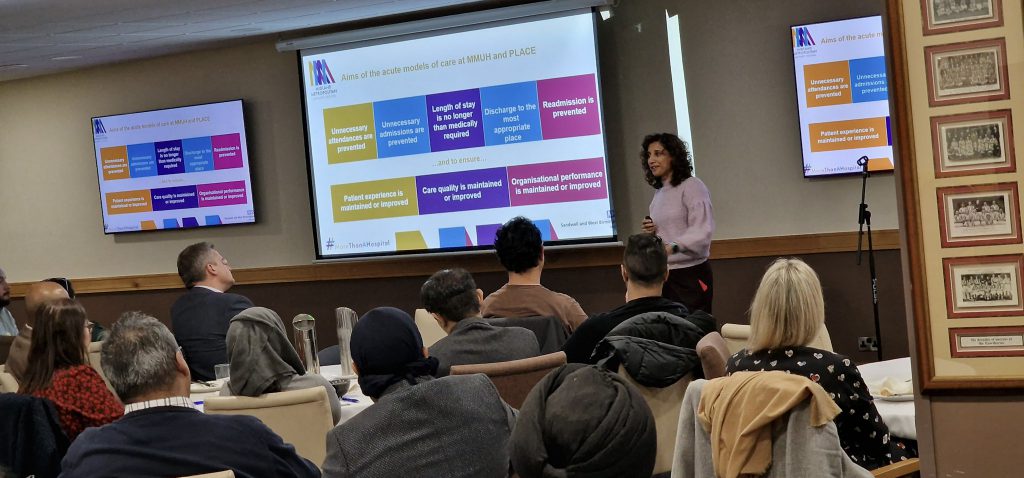
Unveiling the Future of Food: Exploring the Realm of Food Technology
In the ever-evolving landscape of human civilization, one fundamental aspect that has constantly undergone transformation is the way we produce, process, and consume food. The dawn of food technology has not only revolutionized our culinary experiences but has also played a pivotal role in addressing global challenges such as food security, sustainability, and nutrition.
Introduction to Food Technology:
Food technology encompasses a vast array of scientific disciplines, including biotechnology, chemistry, engineering, and nutrition. Its primary objective is to improve the quality, safety, and efficiency of food production while meeting the diverse demands of consumers worldwide. From the farm to the fork, food technologists work tirelessly to develop innovative solutions that enhance every stage of the food supply chain https://zombiesthemovie.com/.
Advancements in Food Processing:
One of the most significant contributions of food technology lies in the realm of food processing. Traditional methods of food preservation, such as salting, drying, and fermentation, have now been augmented by sophisticated techniques like freezing, canning, and irradiation. These methods not only extend the shelf life of perishable foods but also help retain their nutritional value and flavor.
Moreover, the advent of novel processing technologies such as high-pressure processing (HPP), pulsed electric fields (PEF), and ultrasonic processing has opened new avenues for producing minimally processed foods with improved sensory attributes and reduced microbial load. These technologies not only ensure food safety but also cater to the growing demand for convenience and health-conscious products among consumers.
Nutraceuticals and Functional Foods:
Food technology has also given rise to the concept of nutraceuticals and functional foods—products that offer health benefits beyond basic nutrition. Through the integration of bioactive compounds, vitamins, and minerals into everyday food items, food technologists are addressing prevalent health concerns such as obesity, diabetes, and cardiovascular diseases. From fortified cereals to probiotic yogurt, these functional foods are revolutionizing dietary habits and promoting overall well-being.
Sustainable Food Production:
In the face of environmental challenges and resource constraints, sustainable food production has emerged as a critical focus area within the realm of food technology. Efforts to minimize food waste, optimize resource utilization, and reduce the environmental footprint of food production processes are at the forefront of sustainable food technology initiatives. Innovations such as precision agriculture, vertical farming, and alternative protein sources (e.g., plant-based meats and cultured meats) are reshaping the future of food production, making it more efficient, ethical, and environmentally friendly.
The Role of Artificial Intelligence and Data Analytics:
Artificial intelligence (AI) and data analytics have become indispensable tools in the realm of food technology. From predictive modeling for food safety assessment to optimization of supply chain logistics, AI-driven solutions are enhancing decision-making processes and driving efficiencies across the food industry. Moreover, blockchain technology is being leveraged to ensure transparency and traceability within the food supply chain, enabling consumers to make informed choices about the origin and quality of their food.
Challenges and Opportunities:
Despite the remarkable advancements in food technology, several challenges persist. Issues such as food fraud, foodborne illnesses, and the unequal distribution of food resources remain significant hurdles to overcome. Moreover, as technology continues to evolve, ethical considerations surrounding genetically modified organisms (GMOs), artificial additives, and food labeling regulations pose complex dilemmas for both industry stakeholders and consumers.
However, with challenges come opportunities for innovation and progress. The convergence of biotechnology, nanotechnology, and digitalization holds immense potential for unlocking new frontiers in food technology. By fostering interdisciplinary collaboration and embracing a holistic approach to food innovation, we can harness the power of technology to create a more sustainable, equitable, and delicious food future for generations to come.
In conclusion, food technology is not merely about enhancing the taste or appearance of food—it is about shaping the future of humanity’s relationship with food itself. As we navigate the complexities of a rapidly changing world, let us embrace the transformative potential of food technology to nourish our bodies, cultivate our communities, and safeguard our planet.



